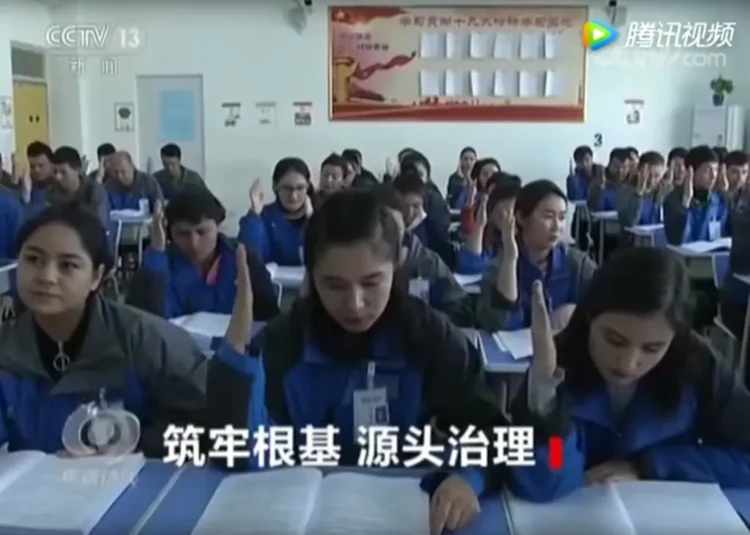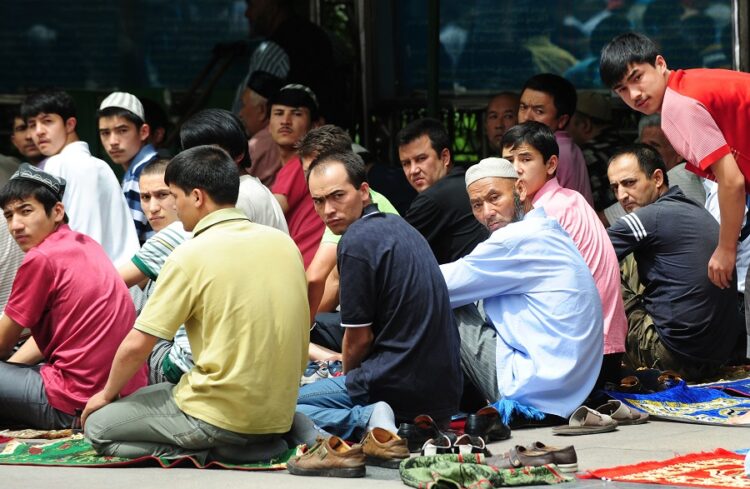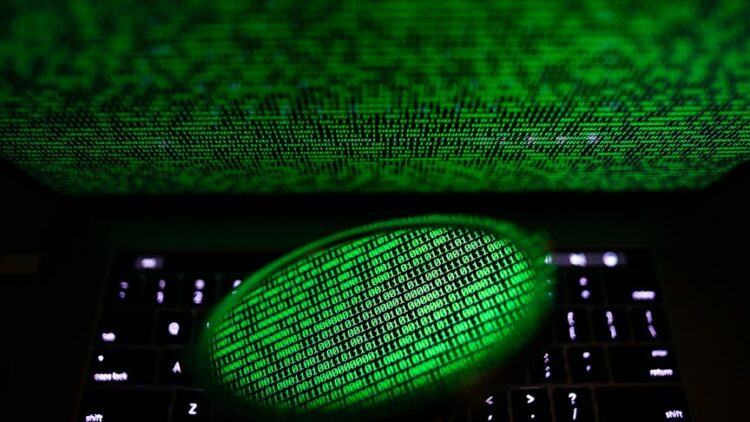Who Are The Uyghurs, and What’s Happening to Them in China?
Human rights groups believe China has detained more than one million Uyghurs against their will over the past few years in a large network of what the state calls “re-education camps”, and sentenced hundreds of thousands to prison terms.
A series of police files obtained by the BBC in 2022 has revealed details of China’s use of these camps and described the routine use of armed officers and the existence of a shoot-to-kill policy for those trying to escape.
The US is among several countries to have previously accused China of committing genocide in Xinjiang. The leading human rights groups Amnesty and Human Rights Watch have published reports accusing China of crimes against humanity.
China denies all allegations of human rights abuses in Xinjiang. The Chinese government – speaking after details of the Xinjiang Police Files were published – said the peace and prosperity brought to Xinjiang as a result of its anti-terrorism measures were the best response to “all sorts of lies”.
There are about 12 million Uyghurs, mostly Muslim, living in Xinjiang, which is officially known as the Xinjiang Uyghur Autonomous Region (XUAR).
The Uyghurs speak their own language, which is similar to Turkish, and see themselves as culturally and ethnically close to Central Asian nations. They make up less than half of the Xinjiang population.
Recent decades have seen a mass migration of Han Chinese (China’s ethnic majority) into Xinjiang, allegedly orchestrated by the state to dilute the minority population there.
China has also been accused of targeting Muslim religious figures and banning religious practices in the region, as well as destroying mosques and tombs.
Uyghur activists say they fear that the group’s culture is under threat of erasure.
Xinjiang is a mostly desert region and produces about a fifth of the world’s cotton. Human rights groups have voiced concerns that much of that cotton export is picked by forced labour, and in 2021 some Western brands removed Xinjiang cotton from their supply chains, leading to a backlash against the brands from Chinese celebrities and netizens.
In December 2020, research seen by the BBC showed that up to half a million people were being forced to pick cotton in Xinjiang. There is evidence that new factories have been built within the grounds of the re-education camps.
The region is also rich in oil and natural gas and because of its proximity to Central Asia and Europe is seen by Beijing as an important trade link.
In the early 20th Century, the Uyghurs briefly declared independence for the region but it was brought under the complete control of China’s new Communist government in 1949.
What are the allegations against China?
Several countries, including the US, UK, Canada and the Netherlands, have accused China of committing genocide – defined by international convention as the “intent to destroy, in whole or in part, a national, ethnical, racial or religious group”.
The declarations follow reports that, as well as interning Uyghurs in camps, China has been forcibly mass sterilising Uyghur women to suppress the population, separating children from their families, and attempting to break the cultural traditions of the group.
The US Secretary of State, Antony Blinken, has said China is committing “genocide and crimes against humanity”.
The UK parliament declared in April 2021 that China was committing a genocide in Xinjiang.
A UN human rights committee in 2018 said it had credible reports that China was holding up to a million people in “counter-extremism centres” in Xinjiang.
The Australian Strategic Policy Institute found evidence in 2020 of more than 380 of these “re-education camps” in Xinjiang, an increase of 40% on previous estimates.
Analysis of data contained in the latest police documents, called the Xinjiang Police Files, showed that almost 23,000 residents – or more than 12% of the adult population of one county – were in a camp or prison in the years 2017 and 2018. If applied to Xinjiang as a whole, the figures would mean the detention of more than 1.2 million Uyghur and other Turkic minority adults.
The UK Foreign Secretary Liz Truss said the files contained “shocking details of China’s human rights violations”.



